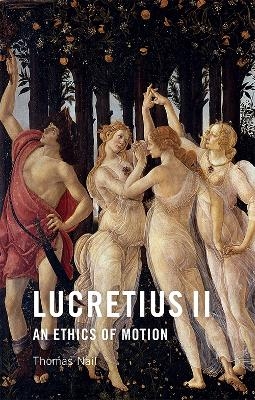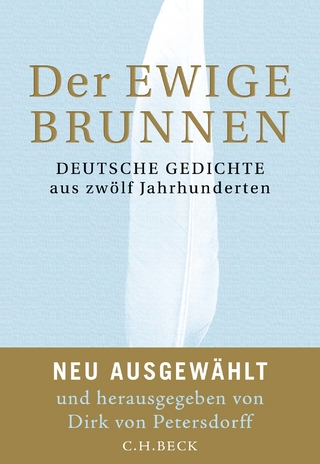
Lucretius II
An Ethics of Motion
Seiten
2020
Edinburgh University Press (Verlag)
978-1-4744-6663-9 (ISBN)
Edinburgh University Press (Verlag)
978-1-4744-6663-9 (ISBN)
Human suffering, the fear of death, war, poverty, ecological destruction and social inequality: Thomas Nail shows that Lucretius proposed an ethics of motion as simple and stunning solution to these ethical problems in his first-century BC didactic poem De Rerum Natura.
Human suffering, the fear of death, war, poverty, ecological destruction and social inequality: almost 2,000 ago Lucretius proposed an ethics of motion as simple and stunning solution to these ethical problems. Thomas Nail argues that Lucretius was the first to locate the core of all these ethical ills in our obsession with stasis, our fear of movement and our hatred of matter. Instead of trying to transcend nature with our minds, escape it with our immortal souls and dominate it with our technologies, Lucretius was perhaps the first in the Western tradition to forcefully argue for a completely materialist, immanent and naturalistic ethics based on moving well with and as nature. If we want to survive and live well on this planet, Lucretius taught us, our best chance is not to struggle against nature but to embrace it and facilitate its movement.
Human suffering, the fear of death, war, poverty, ecological destruction and social inequality: almost 2,000 ago Lucretius proposed an ethics of motion as simple and stunning solution to these ethical problems. Thomas Nail argues that Lucretius was the first to locate the core of all these ethical ills in our obsession with stasis, our fear of movement and our hatred of matter. Instead of trying to transcend nature with our minds, escape it with our immortal souls and dominate it with our technologies, Lucretius was perhaps the first in the Western tradition to forcefully argue for a completely materialist, immanent and naturalistic ethics based on moving well with and as nature. If we want to survive and live well on this planet, Lucretius taught us, our best chance is not to struggle against nature but to embrace it and facilitate its movement.
Thomas Nail is Associate Professor of Philosophy at the University of Denver. He is the author of Lucretius I: An Ontology of Motion (Edinburgh University Press, 2018), Being and Motion (Oxford University Press, 2018), Returning to Revolution: Deleuze, Guattari and Zapatismo (Edinburgh University Press, 2012), The Figure of the Migrant (Stanford University Press, 2015) and Theory of the Border (Oxford University Press, 2016).
| Erscheinungsdatum | 07.04.2020 |
|---|---|
| Zusatzinfo | 28 B/W illustrations |
| Verlagsort | Edinburgh |
| Sprache | englisch |
| Maße | 138 x 216 mm |
| Themenwelt | Literatur ► Klassiker / Moderne Klassiker |
| Literatur ► Lyrik / Dramatik ► Lyrik / Gedichte | |
| Geisteswissenschaften ► Philosophie ► Ethik | |
| Geisteswissenschaften ► Philosophie ► Philosophie Altertum / Antike | |
| Geisteswissenschaften ► Sprach- / Literaturwissenschaft ► Anglistik / Amerikanistik | |
| Geisteswissenschaften ► Sprach- / Literaturwissenschaft ► Literaturwissenschaft | |
| ISBN-10 | 1-4744-6663-X / 147446663X |
| ISBN-13 | 978-1-4744-6663-9 / 9781474466639 |
| Zustand | Neuware |
| Haben Sie eine Frage zum Produkt? |
Mehr entdecken
aus dem Bereich
aus dem Bereich
Deutsche Gedichte aus zwölf Jahrhunderten
Buch | Hardcover (2023)
C.H.Beck (Verlag)
28,00 €
Text, Übersetzung, Melodien, Kommentar
Buch | Softcover (2024)
De Gruyter (Verlag)
24,95 €


